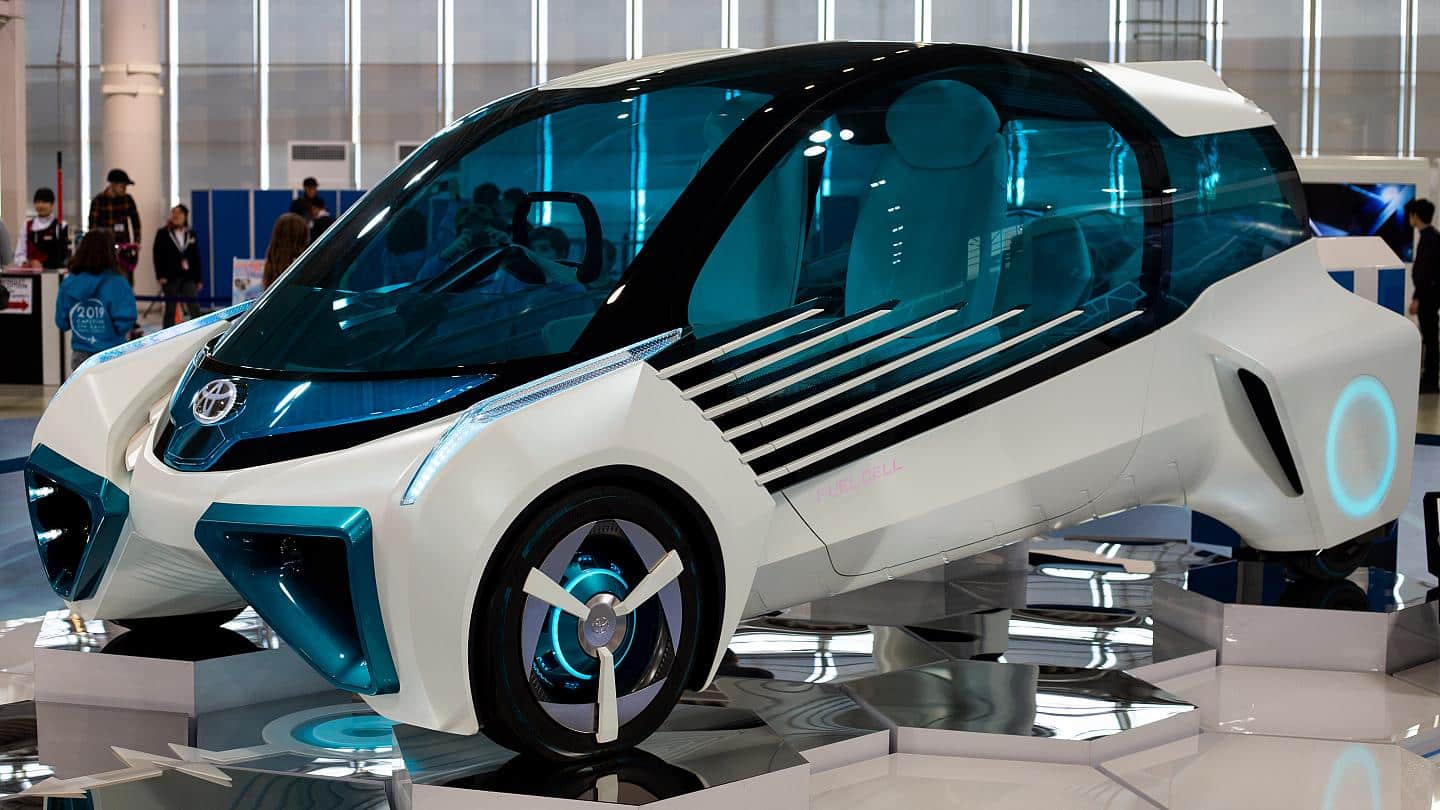Technology
Hydrogen Fuel Cell prototype car, successful trial runs conducted – a first for India
The Council of Scientific and Industrial Research (CSIR) and KPIT Technologies successful trials of India’s first Hydrogen Fuel Cell (HFC) prototype car. It runs on an indigenously developed fuel stack. The fuel cell stack uses extremely thin metal plates, which reduces the stack weight by two-thirds.
The HFC technology uses chemical reactions between hydrogen and oxygen from the air to generate electric energy, eliminating the use of fossil fuels. It emits only water, thus cutting down the emission of harmful greenhouse gases along with other air pollutants. An official statement said the institutes successfully developed a 10 kWe automotive grade LT-PEMFC fuel cell stack. KPIT brought in their expertise in stack engineering which included light-weight metal bipolar plate and gasket design, development of the balance of plant (BoP), system integration, control software and electric powertrain enabled running the fuel cell vehicle.
The CSIR-NCL and CSIR-CECRI, as part of the Industry Originated Project (IOP) category of the New Millennium Indian Technology Leadership Initiative (NMITLI) scheme, partnered with KPIT for the development of an automotive grade PEM Fuel Cell technology in 2016. The trials, as per the statement, were conducted on a battery-electric passenger car platform retrofitted with the Fuel Cell Stack. The technology is more suited for commercial vehicles such as buses and trucks. Battery electric buses, trucks require a large battery to achieve the desired operating range. Moreover, HFC technology requires a much smaller battery for a very large operating range.
Ravi Pandit, Chairman KPIT, said the technology has a great future, and owing to its indigenous development, it is expected to be more commercially viable than ever before. Pandit described it as an important technology that will help India reduce pollution and reduce the country’s fossil fuel imports. Prof. Ashwini Kumar Nangia, Director CSIR-NCL congratulated the teams and said that time has come for renewable energy based on hydrogen as fuel to power transportation in the country. He pointed out that hydrogen is the cleanest fuel with water as the only by-product. “A long term investment of CSIR under NMITLI in a niche energy area has come to fruition.”










































